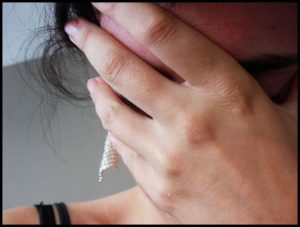6 Factors Impacting Your Fort Myers Personal Injury Lawsuit Timeline

Aside from how much money a case is worth, Fort Myers personal injury lawsuit plaintiffs often want to know how long their case will take to resolve. Most are not thrilled to hear the ever-popular lawyer answer: It depends. But the truth is that determining how long a case will take to resolve can be more of an art than a science. First, know that settlements can often be preferable to litigation. They take less time and tend to use fewer resources. You may never even need to file a lawsuit if your injury attorney can successfully negotiate a fair resolution with the insurer(s) involved. While this is oversimplified for purposes of making this a brief blog post; for a settlement to be reached, both sides need to agree on two main issues: Liability and fair value.
Liability refers to which party is legally responsible for paying. Florida follows a system of “pure comparative fault,” essentially meaning a plaintiff (the person filing the case) could be 99 percent liable – and still collect the remaining 1 percent of damages from the other at-fault party. However, your damage award is going to be proportionately reduced by your degree of fault. So if you are 40 percent liable, your total damages will be reduced by 40 percent.
Fair value refers to how much your case is reasonably worth in light of the severity of your injuries, how much physical pain you suffered, the totality of your medical expenses (past and future), the time you had to take off work, the impact to your future wage-earning capabilities and the extent to which this has impacted your personal life. Understand that for cases involving serious injuries, it is probably impossible to resolve in less than a few months because it is going to take at least that long (usually longer) to accurately determine the full severity of your injuries, the long-term estimate of future medical expenses and how these injuries are going to impact the rest of your life.
It should go without saying that you or your attorney will need to prove causation, that is that the injury for which you are seeking “fair value” was actually caused by (or made worse as a result of) the crash or incident. This is an often contested area as many of us have some evidence of the natural aging process going on in our body at a time that we may become injured.
Needless to say, there can be more than a few points of disagreement. When those differences cannot be resolved, cases end up going to trial.





 Florida Personal Injury Lawyer Blog
Florida Personal Injury Lawyer Blog











